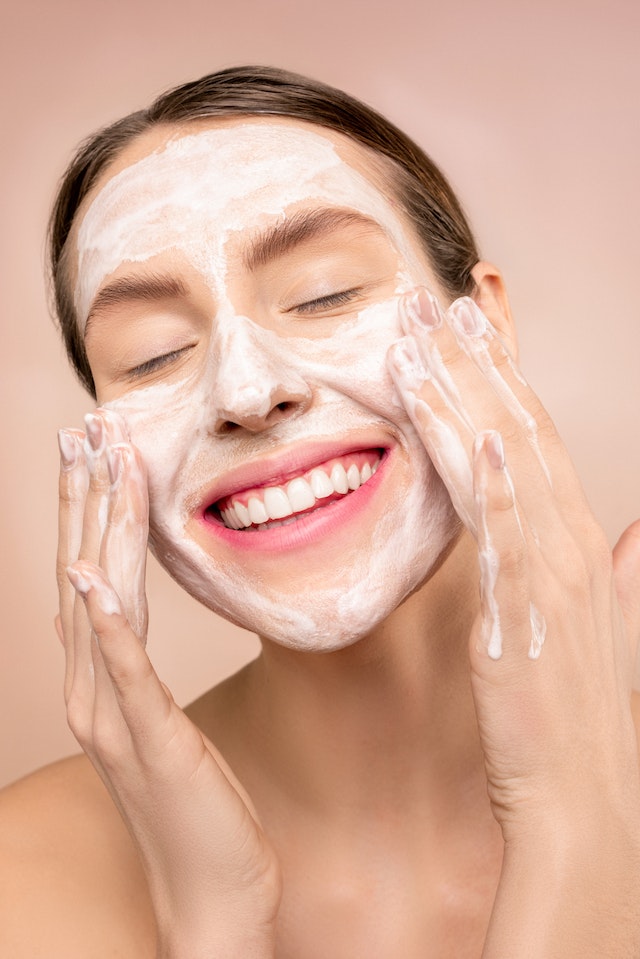
When it comes to sun skincare, there’s plenty of speculation about what’s fact and what’s fiction.
New York-based dermatologist Dr. Eric Schweiger shares what’s true and what’s false.
It’s ok to go in the sun without sunscreen for the vitamin D
False
“The American Academy of Dermatology recommends that people get their vitamin D from diet, not from purposeful UV exposure,” Dr. Schweiger told Glamour.
High SPF is unnecessary
False
“An SPF of 45 will block more of the rays and have a longer-lasting sun protection effect than an SPF 15,” Schweiger explained. “This is especially important for people with a fair complexion who burn easily. It’s also crucial to find a broad-spectrum sunscreen that protects against both UVA and UVB rays.”
The sun is strongest between 10 a.m. and 2 p.m. You won’t burn after 2 p.m.
False
“UV levels are actually at their peak from about 10 a.m. to 4 p.m.,” Schweiger informed Glamour. “Although it is less likely, it is still possible to get sunburned before or after those hours.”
If you don’t get burned, your skin isn’t damaged
False
“Suntans can also signify that the skin has been damaged and can lead to early signs of aging,” Schweiger told Glamour.
You can erase physical signs of past sun damage with a chemical peel or use of retinoids
True
“Chemical peels can help remove the top layer of skin and any visible sun damage,” Schweiger explained to Glamour. “Retinoids will increase cell turnover and also help boost collagen regeneration, which helps slough off brown spots and halt the production of melanin.”
Some skincare products and medications make you more sensitive to the sun
True
“Retinoids as well as topical acne medications can make the skin more sensitive to sunlight,” Schweiger told Glamour. Make sure to always apply sunscreen with at least SPF 30 and avoid direct sun exposure when using them.
Most eye creams and lip balms contain sunscreen, so there’s no need to apply extra
False
“Make sure to read the label,” Schweiger recommended to Glamour. “If it contains broad-spectrum SPF of at least 30, then you should be safe.”
If you’re naturally tan or dark-skinned, you’re not likely to get melanoma
False
Every skin tone is susceptible to melanoma without the proper protection from UV rays.
If you or someone you know wants more information about skincare, please feel free to schedule a complimentary consultation by calling us at 847-367-8815.

